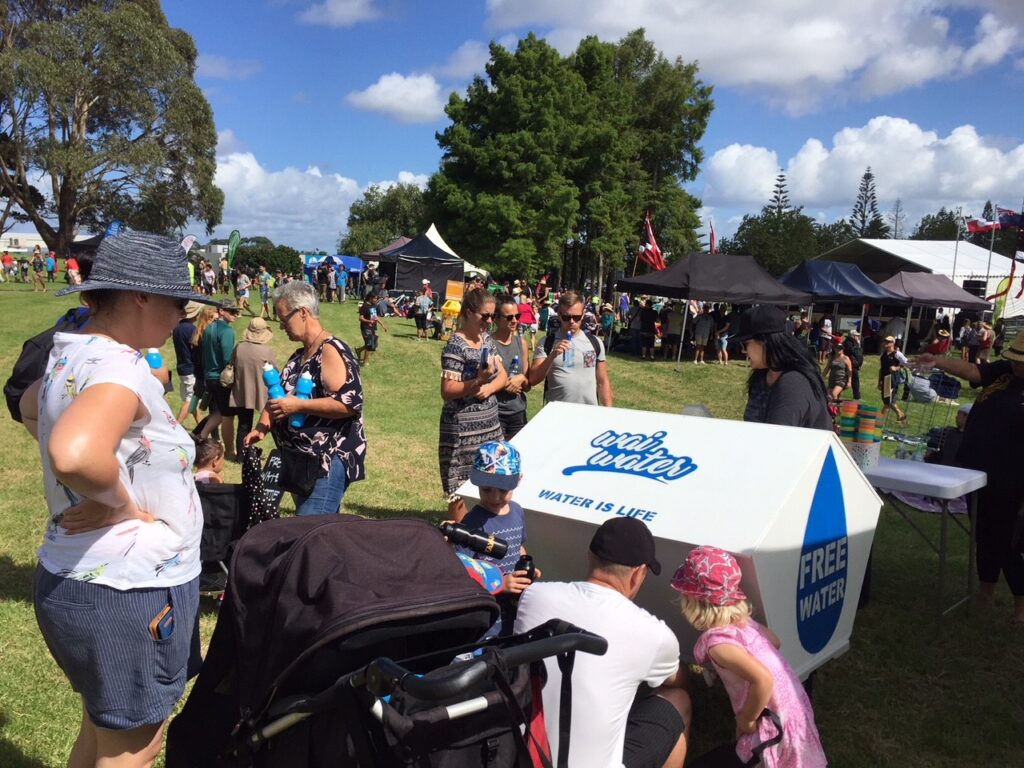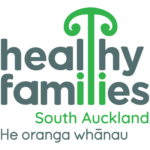
To promote a healthier lifestyle amongst communities, Māngere-Ōtāhuhu Local Board has added the
Healthy Environments principles to the first round of their 2019/2020 Quick Response Community
Grants.
The 17 events and projects which received funding have all met at least one of the four Healthy
Environments principles that Healthy Families South Auckland helped implement earlier this year
into community funding decisions by South Auckland local boards.
Māngere-Ōtāhuhu Local Board chair Lemauga Lydia Sosene says using the principles to influence the
community grants process is a win for locals.
“By adding these principles to all our community grants, the local board is helping to increase the
availability and accessibility of healthy food and drink choices, reduce smoking and alcohol intake,
and increase opportunities to improve physical movement within Māngere-Ōtāhuhu,” she says.
“In essence this is about ensuring that we make our communities healthier and happier.”
The Healthy Environments principles are part of Healthy Families South Auckland’s wider Healthy
Environments Approach. It started in 2018 as part of a co-design process with the Auckland Council
Events team with a vision of making ‘our spaces enabled and promoting active, healthy and
flourishing communities’.
The four identified principles are:
- Wai/water is the easiest choice
- Good kai for all
- Champion smoke-free, alcohol-free and drug-free
- Encourage movement
Healthy Families South Auckland manager George Makapatama says Council plays a vital role in
providing spaces which facilitate health and wellbeing outcomes.
“Research shows that the space where we live, learn, work or play has a big impact in supporting our
general health and wellbeing,” he says. “Having the Healthy Environments principles embedded in
events supported by local boards and Council is one of the best ways of making change in our
communities.”
“The type of systems change we are trying to make around health can be very complex and seen as
too enormous to undertake. But the leadership approach shown by the local board and grants team
to tackle such change is a true example of systems leadership.”



